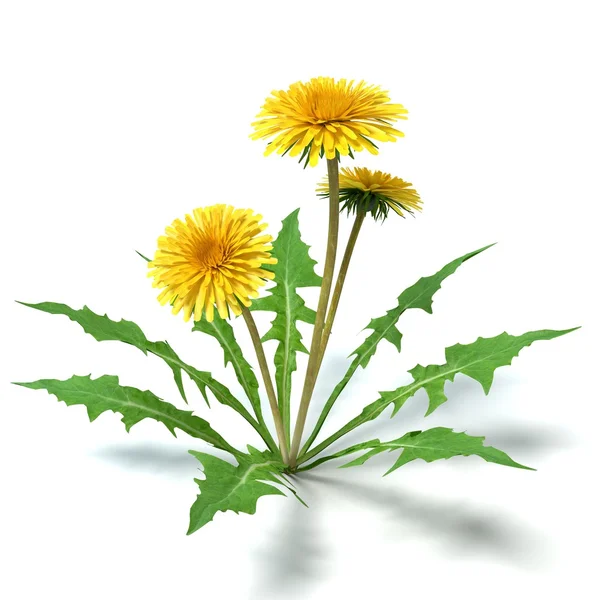Dandelion
Taraxacum officinale L. – Asteraceae

Dandelion is a perennial herbaceous, milky plant. The appearance of the plant is different depending on the habitat and environmental conditions. It is widespread throughout Europe and Asia, thrives even on high mountains, and is propagated by seeds.
The root is spindly and thickened and can be up to 140 cm long, and with the help of the roots it feeds on nutrients from the soil. The leaves are compound, lanceolate or linear, they can be whole or toothed. The stem is upright, round, hollow and leafless and bears one flower head. The flowers are collected in a head, golden yellow in color. Blooms in spring. After flowering, the flower turns into balls.
Dandelion has been used as a medicinal plant since ancient times. Medicinal parts of the plant are: leaves, root, flowers and stem.

Dandelion leaves are rich in vitamin C, iron, vitamin A, carotenoids, proteins, fats and carbohydrates and are most often used in the form of tea to expel excess fluid from the body (diuretic effect). In our Black Garlic Hepato Care product, we used dandelion root to make the extract, which also has a high bioactive potential. The root is extracted in early spring or autumn (according to some recommendations, autumn is better because then it contains much more inulin than in spring). The root is considered the most medicinal part of the dandelion and is very rich in potassium, and besides potassium it also contains bitter substances, triterpenes, flavone glycosides, inulin, phytosterols, vitamin A, carotenoids.
As a bitter agent, it is used to stimulate appetite and bile secretion. It also found a very important place in the treatment of many gastrointestinal diseases, such as heartburn and dyspepsia.
Dandelion also has a pronounced diuretic effect, so it stimulates the excretion of urine, and it is also used as a laxative, making it easier to empty the bowels. Dandelion has a pronounced antioxidant, anti-inflammatory, anti-cancer and hepatoprotective potential (it is recommended to use it in case of damaged liver tissue whose damage is caused by alcohol and drugs), and due to the presence of a high concentration of inulin, it is considered a very good prebiotic. It can also be recommended for inflammation of the gallbladder, gallstones, digestive disorders, and it has also found great use as an auxiliary tool in the treatment of viral hepatitis. Dandelion can also be used by people suffering from diabetes, because it has a pronounced hypoglycemic potential. In addition to affecting the level of glucose in the blood, it also reduces the level of total cholesterol and triglycerides, so its use is also recommended for obese people for the treatment of obesity.
It is very important to note that people who are prone to allergies should take dandelion and dandelion-based preparations with caution.
References
- Taraxacum – a review on its phytochemical and pharmacological profile
- The potential of dandelion in the fight against gastrointestinal diseases: A review
- The Physiological Effects of Dandelion (Taraxacum Officinale) in Type 2 Diabetes
- Plants of the Spontaneous Flora with Beneficial Action in the Management of Diabetes, Hepatic Disorders, and Cardiovascular Disease
